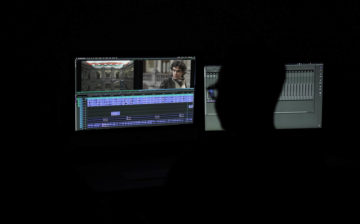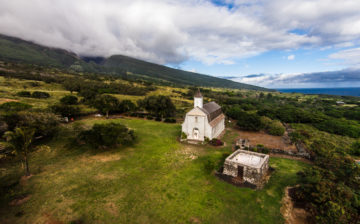Workshops
Explore the dynamics of craft that can help you navigate the challenges of nonfiction filmmaking in and outside of the editing room.
There are no available registration dates at this time.
Each film is its own odyssey in the craft of storytelling. If we treat it that way, all of us (including experienced filmmakers) can learn the craft more deeply with each and every film. Nowhere is this truer than in working to anticipate storytelling in the editing room.
This course is for Producers, Writers, Directors, and Editors who want to grow their story craft, and for those who want to anticipate their edit room needs during research, treatment writing, pre-production phases, and shooting.
The emphasis is on learning how to use craft to work with your own essences and goals (and those of your team and clients), your strengths and challenges, while serving the material and the larger task in front of you at any given time.
This workshop will help you learn how to prevent and solve common story craft challenges such as:
- What is needed to build character core essences & arcs, the story’s emotional core, through lines, plot, and exposition – and how it all gets woven together into a structure.
- How to build character worlds and effectively use secondary characters
- Scene shooting and scene editing versus B-roll (commonly conflated)
- The dynamics of anticipating, finding, prepping, and editing interviews into scenes (vs “talking heads”)
- How to anticipate integrating archival footage, animation, etc.
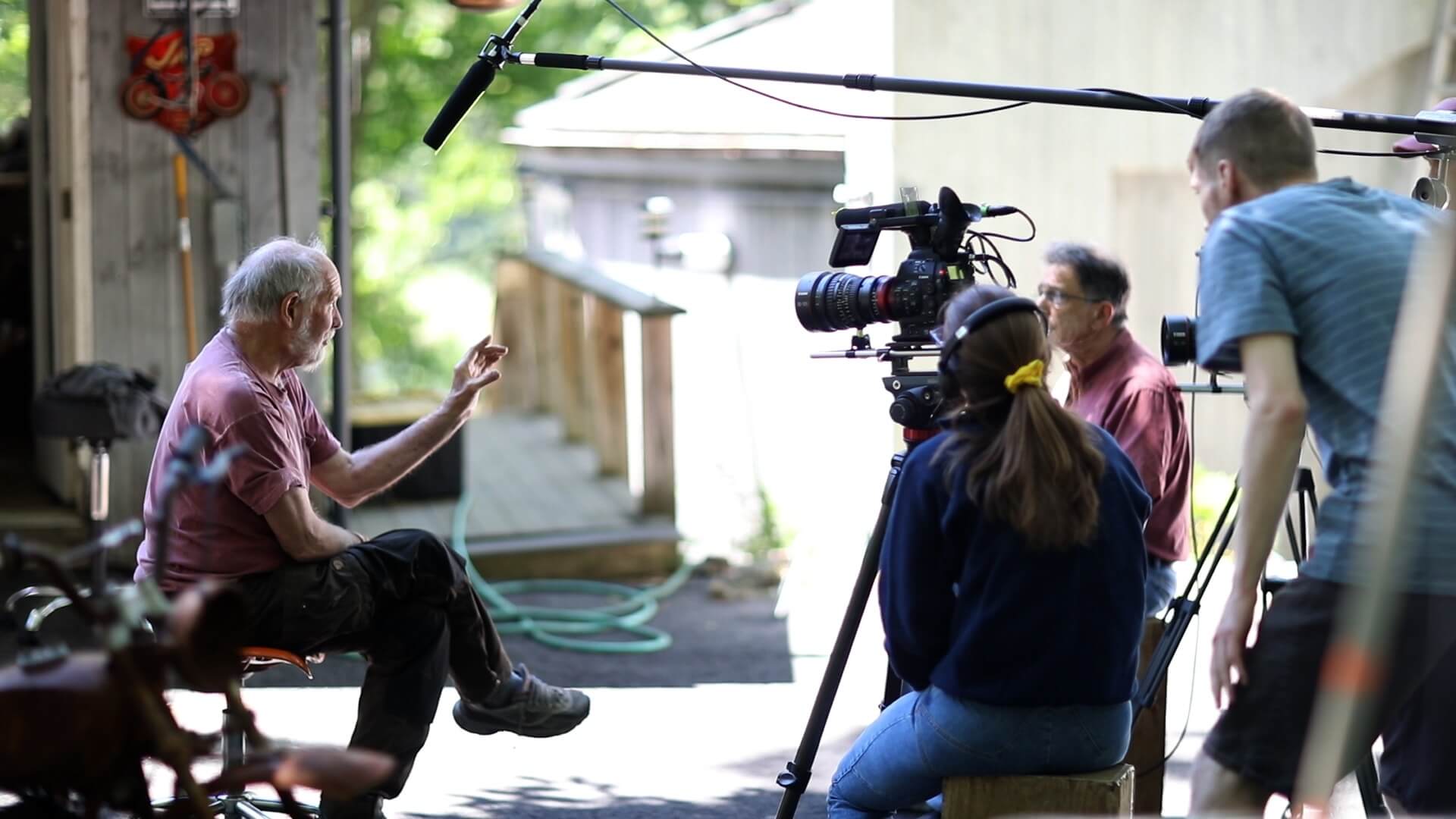
We will address specific concerns such as how to identify the type of character that can carry an edit and, if it’s too late for that, how to use multiple characters, structural sleight of hand, and other story craft tools to solve deficiencies in character, story arc, or footage.
The week will be built on case studies from multiple sub-genres of documentary (including national broadcast, indie, verite, and short nonprofit pieces). We’ll learn how to use the questions of the craft as tools and touchstones for making the endless creative decisions that we face every day (including the craft of working with limited resources).
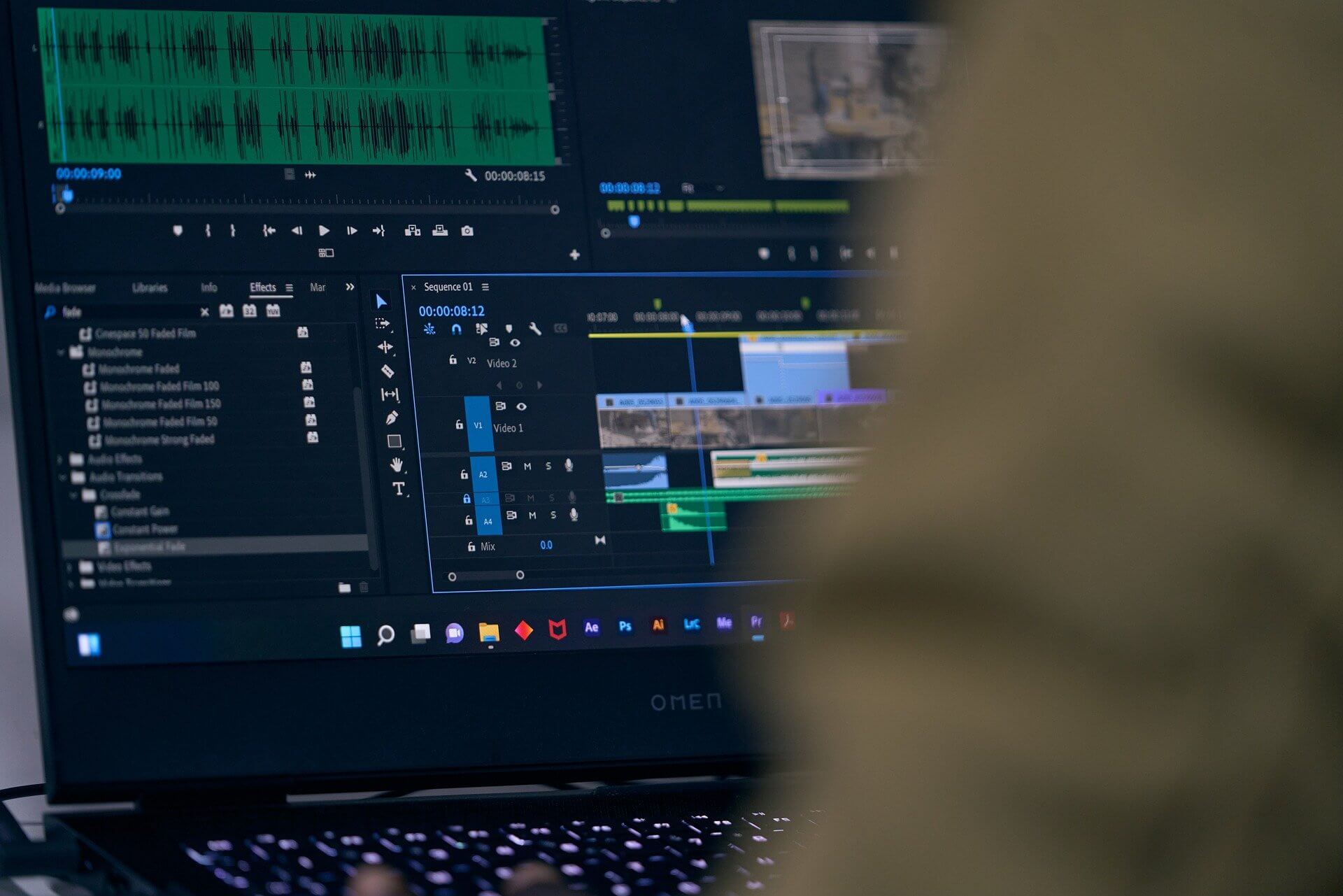
We will revitalize our skills for seeing, listening, and feeling at a deeper level than we commonly practice, all of which are at the core of story craft. The edit room provides especially rich opportunities and challenges for this growth, as we learn to find the story we have in front of us and marry it with the story in our heart, if not the one we had in our head.
Students are encouraged to bring their own work to the class. Raw footage, works-in-progress, finished pieces, or even R&D/ pre-production ideas that look ahead to the editing room are all grist for a good discussion about how to make our material work for us. A safe space is created for this screening and discussion, not as critique sessions, but as a group working together to explore when and how each choice can contribute to powerful and resonant storytelling. While this week is built on case studies, students are welcome to approach Dana Rae in advance if they desire to edit during the week.
Workshop outcomes
Leave with new tools to help you develop an effective creative process and learn how to avoid and address common pitfalls.
Header Image Credit: ©Amy Campbell
Share This
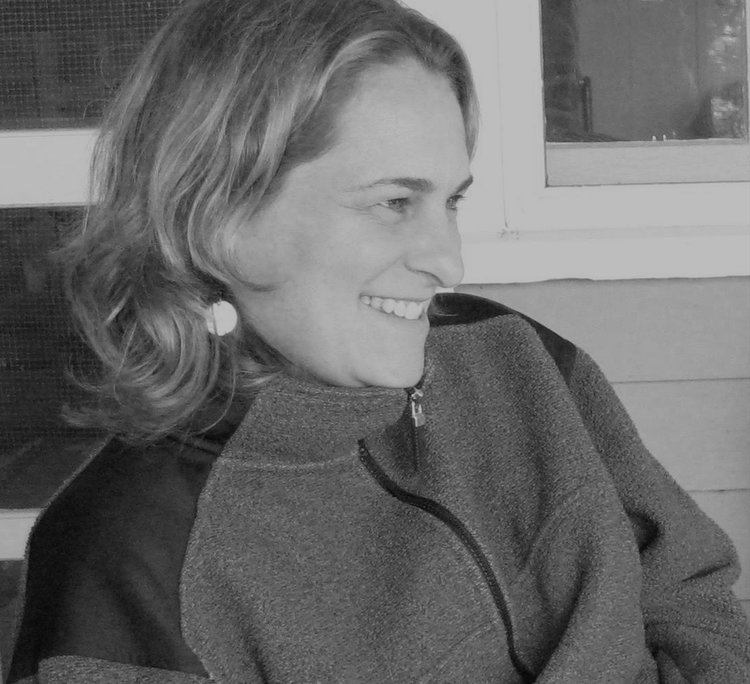
Instructor: Dana Rae Warren
Dana Rae Warren is a filmmaker, teacher, and consultant with 25 years in the national television documentary and independent film worlds. She enjoys and has developed particular expertise shaping stories in the edit room. Her work includes: Producer Writer on the Peabody Award-winning and twice Emmy-nominated Turner Broadcasting series Moon Shot; Producer Writer Director on multiple episodes for the PBS NOVA Science Now series, including profiles on MacArthur Awardee Edith Widder and National Medal of Science Awardee Lonnie Thompson, as well as on animal intelligence and on the link between exploring space and the deep sea; ongoing award-winning public service such as the tobacco-free campaign, Quit For Your Kids; and Great Expectations, an education series, which aired on The Sundance Channel, won an Emmy and was invited to present at Austin’s SXSW Education Conference.


